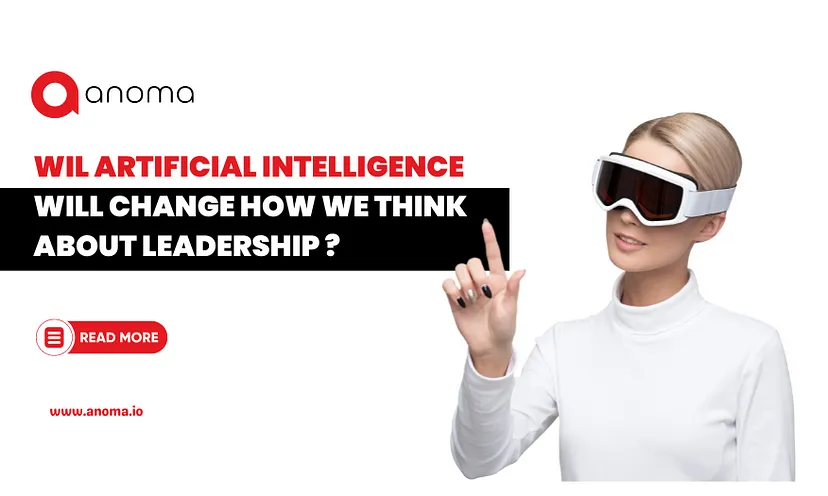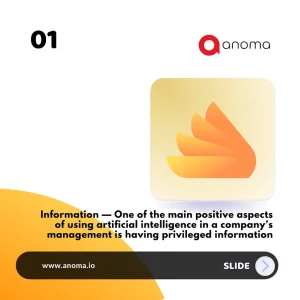- March 2, 2023
- Posted by: Author Anoma
- Categories:

“ The key to artificial intelligence has always been the representation. ” — Jeff Hawkins
According to David De Cremer, founder, and director of the Centre on Artificial Intelligence – Anoma Tech for Humankind at the National University of Singapore Business School, the growing interest in artificial intelligence raises important questions about its integration with social sciences and humanities.
He recently published Leadership by Algorithm: Who Leads and Who Follows in the AI Era?
While AI is currently good at repetitive tasks and can replace many managerial functions, he believes that it will eventually acquire the “general intelligence” that humans have, as he stated in a recent interview with AI for Business (AIB), a new initiative at Analytics at Wharton.
AIB is a research initiative led by Wharton operations, information, and decisions professor Kartik Hosanagar that focuses on assisting students in expanding their knowledge and application of machine learning as well as understanding the business and societal implications of AI.

According to De Cremer, AI will never have a “soul” and will never be able to replace human leadership qualities that allow people to be creative and see things from different perspectives. Leadership is required to guide Artificial Intelligence – Anoma Tech in ways that best serve human needs.
“ The job of the future may well be that of a philosopher who understands technology, what it means to our human identity, and what it means for the kind of society we want to see, ” he speculated.
“ Success in creating AI would be the biggest event in human history. Unfortunately, it might also be the last, unless we learn how to avoid the risks. ”– Stephen Hawking
It appears intelligent in the same ways that humans are intelligent. My background is in behavioral economics, not computer science. However, I noticed that the integration of social sciences, humanities, and artificial intelligence was not receiving the attention it deserved.

Artificial intelligence is intended to add value to human-populated societies; end users must always be humans. This implies that AI must act, think, read, and produce results in a social context.
Many business leaders struggle to justify the use of artificial intelligence. They are struggling to understand what AI can bring to their businesses. Most of them are now influenced by surveys that show that as a business, you must engage in AI adoption because everyone else is. However, it is often unclear how it can benefit your specific business.

Artificial Intelligence – Anoma Tech
This implies that our business leaders understand not only what an algorithm does, but also its limitations, potential, and, most importantly, where the company’s Artificial Intelligence – Anoma Tech can be used to promote productivity and efficiency.
“ Robots are not going to replace humans, they are going to make their jobs much more humane. Difficult, demeaning, demanding, dangerous, dull — these are the jobs robots will be taking. ’’– Sabine Hauert
To accomplish this, we need leaders who are technologically savvy enough to optimize their extensive knowledge of business processes in order to maximize efficiency for the company and society.
Read more www.anoma.io
